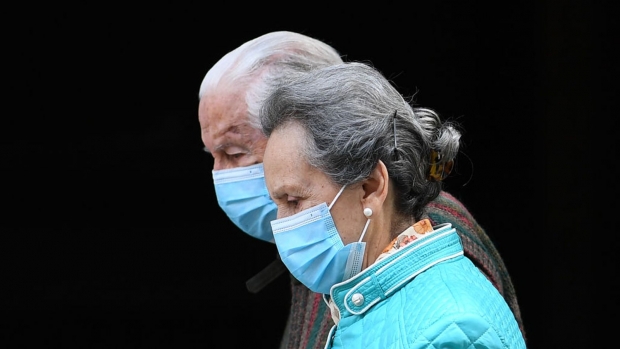Many older people stayed in touch with family and friends during lockdown using the phone, video calls, and other forms of virtual contact.
Zoom choirs, online book clubs and virtual bedtime stories with grandchildren helped many stave off isolation. But the study, among the first to comparatively assess social interactions across households and mental wellbeing during the pandemic, found many older people experienced a greater increase in loneliness and long-term mental health disorders because of the switch to online socialising than those who spent the pandemic on their own.
Dr Yang Hu of Lancaster University, who co-wrote the report, published on Monday in Frontiers in Sociology said that older people unfamiliar with technology found it stressful to learn how to use it.
But even those who were familiar with technology often found the extensive use of the medium over lockdown so stressful that it was more damaging to their mental health than simply coping with isolation and loneliness.
Hu said that extensive exposure to digital means of communication can also cause burnout. The results are very consistent
Hu collected data from 5,148 people aged 60 or over in the UK and 1,391 in the US -- both before and during the pandemic.
"It's not only loneliness that was made worse by virtual contact, but general mental health: these people were more depressed, more isolated and felt more unhappy as a direct result of their use of virtual contact", he said.
"We need to have disaster preparedness", he said.
"We need to equip older people with the digital capacity to be able to use technology for the next time a disaster like this comes around." Hu added: "Policymakers and practitioners need to take measures to pre-empt and mitigate the potential unintended implications of household-centred pandemic responses for mental wellbeing."




